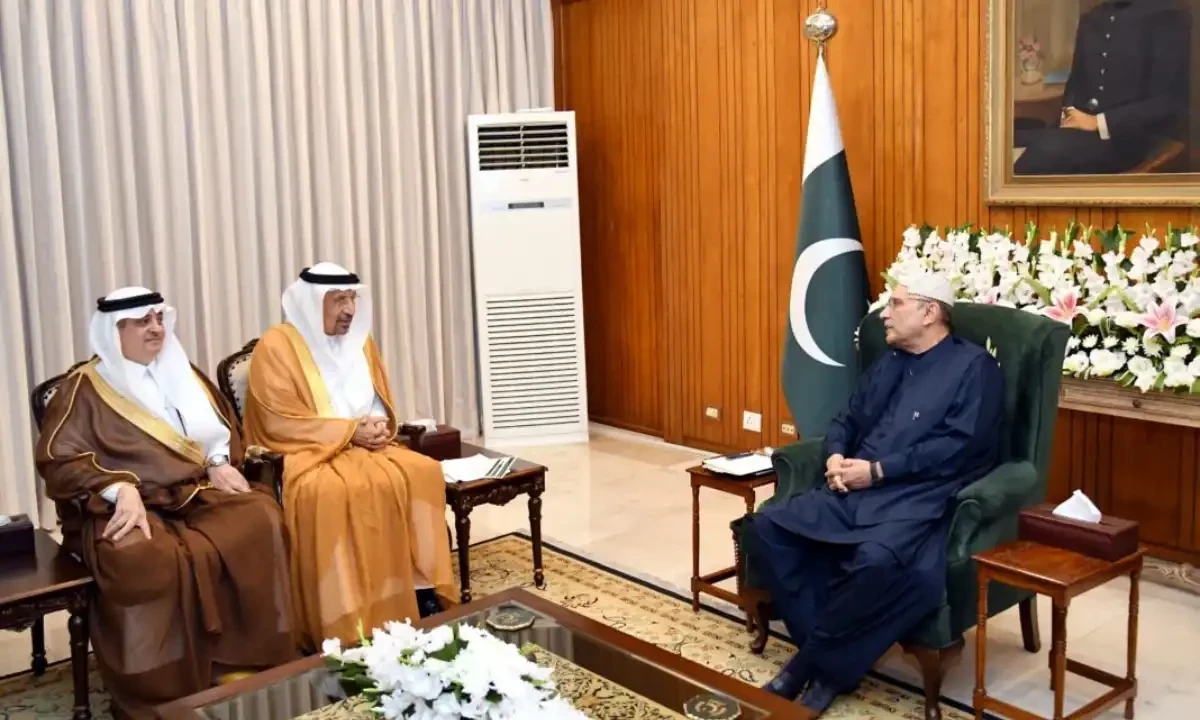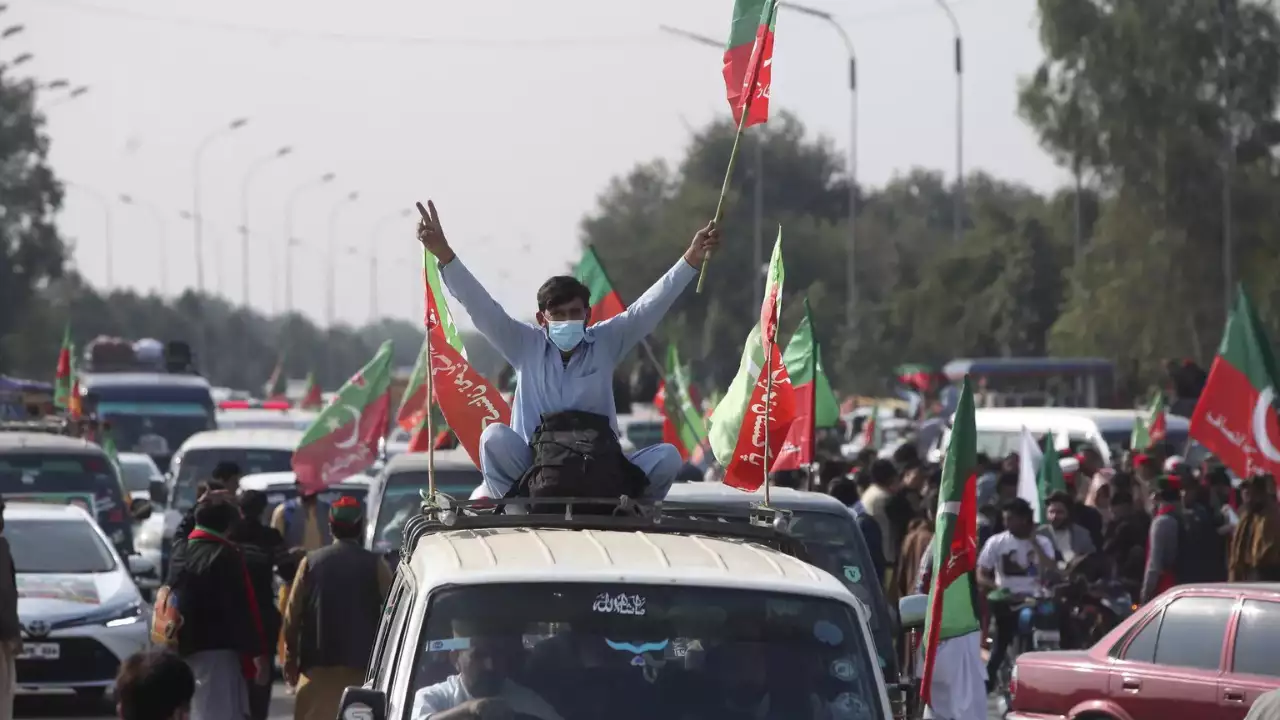The latest Oval Office meeting between Prime Minister Shehbaz Sharif, Field Marshal Asim Munir, and US President Donald Trump marks a new chapter in US-Pakistan relations. Held at the White House on September 25, 2025, the high-level engagement reflected a shift from a security-focused partnership to broader geo-economic cooperation. Analysts and officials alike describe this as a watershed moment, signaling a renewed strategic bond between Washington and Islamabad.
A Warm and Cordial Meeting at the Oval Office
During the Oval Office meeting, Prime Minister Shehbaz Sharif expressed deep admiration for President Donald Trump, praising him as a “man of peace.” He credited Trump’s decisive role in facilitating a ceasefire earlier this year between Pakistan and India, which averted what he described as a “major catastrophe” in South Asia.
Field Marshal Asim Munir accompanied the prime minister, highlighting the importance of civil-military unity in Pakistan’s external relations. According to officials, discussions spanned across trade, regional security, counterterrorism, and investment opportunities. President Trump welcomed both leaders warmly, even describing them beforehand as “great men,” a sign of goodwill toward strengthening US-Pakistan relations.
Expanding Trade and Economic Cooperation
One of the central themes of the Oval Office meeting was trade. Prime Minister Shehbaz thanked Trump for the tariff arrangement finalized earlier in 2025, which reduced barriers for Pakistani exports. He invited US companies to invest in Pakistan’s agriculture, IT, minerals, and energy sectors.
Recent trade figures show Pakistan’s exports to the United States crossed $9.1 billion in 2024, a record high. With the new agreement, Islamabad hopes to increase this number significantly. Analysts argue that Trump’s plan to send American firms for oil exploration projects in Pakistan demonstrates a pivot toward geo-economics in US-Pakistan relations.
Security and Counterterrorism Cooperation
Security and counterterrorism remain key pillars of US-Pakistan relations. PM Shehbaz and Field Marshal Munir reaffirmed Pakistan’s commitment to combating terrorism and thanked President Trump for publicly endorsing Islamabad’s role. Both sides agreed on the need to enhance intelligence sharing to counter regional threats.
The US-Pakistan counterterrorism partnership has historically been significant. Between 2002 and 2020, Washington provided over $33 billion in assistance to Islamabad, much of it tied to security cooperation. The Oval Office meeting suggests that this collaboration will continue, but within a broader framework of mutual trust and geo-economic priorities.
Regional Peace and Stability
The leaders also discussed pressing regional issues, particularly the Middle East. PM Shehbaz lauded Trump’s initiative to bring together Muslim leaders in New York for peace talks on Gaza and the West Bank. Pakistan’s balanced stance on Palestine and Iran has recently elevated its global credibility.
Meanwhile, Pakistan’s four-day war with India earlier this year highlighted its military strength and diplomatic resilience. Experts argue that this shifted regional dynamics, diminishing India’s role as the sole security partner for Western powers and giving Pakistan a stronger voice. The Oval Office meeting reinforced the notion that US-Pakistan relations are entering a phase where Islamabad holds greater influence in South and West Asia.
A Symbolic but Strategic Invitation
At the close of the discussions, PM Shehbaz extended a formal invitation to President Trump to visit Pakistan. If accepted, it would mark the first official visit by a US president in over a decade. Such a move would be symbolic, but it could also pave the way for deeper economic ties and joint ventures, especially in energy and technology sectors.
Analysts’ Perspectives on US-Pakistan Relations
Political analysts have hailed the Oval Office meeting as a turning point. Defence Minister Khawaja Asif called 2025 a year of “unprecedented achievements,” citing improved Pakistan-US ties alongside strategic successes with Saudi Arabia. Analyst Qamar Cheema noted the shift from purely security-based relations toward geo-economics, while journalist Faiz Rehman emphasized Pakistan’s unique role in engaging Iran due to its historic and cultural ties.
Democratic leader Shahid Khan went a step further, describing the Oval Office talks as having lifted Pakistan to “a permanent seat at the table” in global diplomacy. According to him, US-Pakistan relations are no longer just about South Asia but extend to the Middle East and beyond.
A New Era for US-Pakistan Relations
The Oval Office meeting between Shehbaz Sharif, Asim Munir, and Donald Trump underscored a new era in US-Pakistan relations. By blending trade, investment, counterterrorism, and diplomacy, both nations appear ready to redefine their partnership. For Pakistan, this means enhanced economic opportunities and strategic influence, while for the United States, it secures a reliable partner at the crossroads of South Asia and the Middle East.
As Washington recalibrates its stance in Asia, Pakistan’s growing importance cannot be overlooked. The cordial engagement at the White House is more than just a symbolic gesture—it may well shape the trajectory of US-Pakistan relations for years to come.



